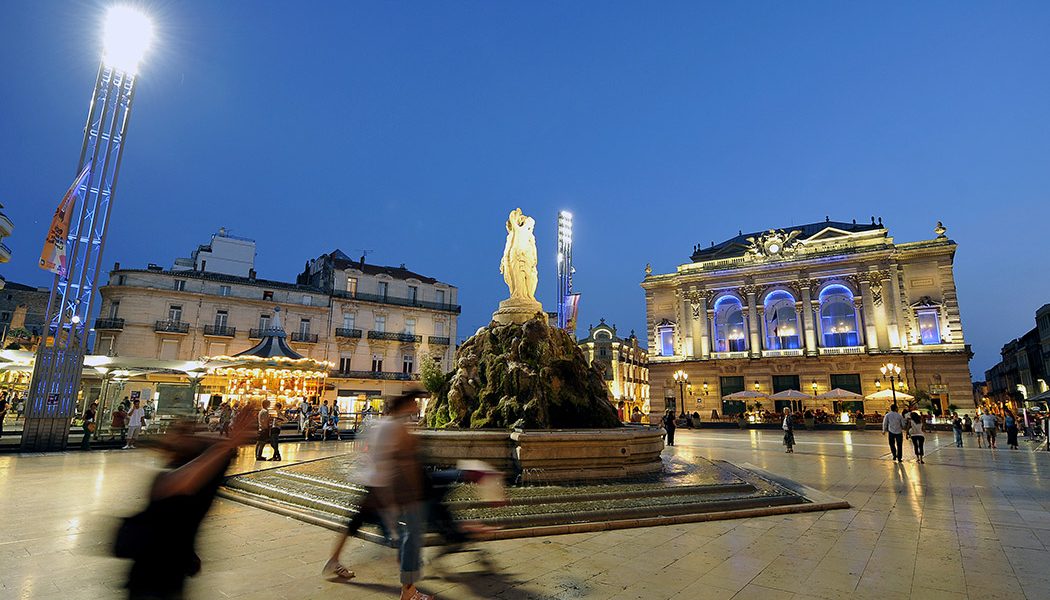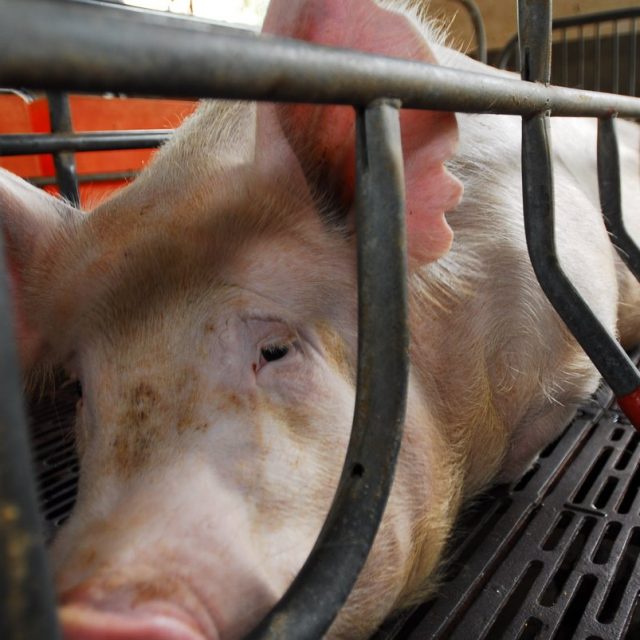The French city of Montpelier has thrown its hat into the ring in the race to become European City of Culture in 2025.
It is among ten French cities competing to win the prestige award and a delegation from Montpelier and the city of Sete, which is supporting the initiative, were in Brussels this week to lobby for support for their bid.
On Tuesday, a high level delegation from the two cities met officials from the European commission, parliament and Committee of the Regions. It also met Philippe Leglise-Costa, France’s EU ambassador.
At a briefing at the Brussels press club, Michael Delafosse, described the meetings a fruitful telling this website, “The feedback to our bid was very promising and positive.
“The people we met were generous towards us and our candidacy and the commission is trying to help get our bid in shape.”
He believes that, if successful, his city will benefit economically as well as culturally, adding, “It could create a lot of jobs in the creative industry as well as in tourism. The big challenge now is to get everyone united behind us.”
A formal bid will be made in the first half of next year and the initial ten cities will be shortlisted to four from which a final successful candidate will be selected, probably at the end of next year.
European Capitals of Culture have already been designated until the title year 2026. Competitions are organised at the national level with the publication of a call for submission of applications by the responsible authority
An initiative putting culture at the heart of European cities with EU support for a yearlong celebration of art and culture.
The European Capitals of Culture (ECOC) initiative is designed to:
· Highlight the richness and diversity of cultures in Europe
· Celebrate the cultural features Europeans share and
· Increase European citizens’ sense of belonging to a common cultural area.
The initiative was developed in 1985 and has, to date, been awarded to more than 60 cities across the European Union (EU) and beyond.
At the briefing, Francois Commeinhes, the mayor of Sete which has teamed up with Montpelier to bid for the title, said, “Being a candidate, after being French Capital of Culture, was the evident next step for us.
“Sete is a city of culture and will highlight our dynamic nature, richness of our festivals and talent of our artists.”
“This common candidacy will allow our two territories to united in all their glorious identity.”
A spokesman for the bid pointed to the success the Belgian city of Mons had had after it was made a European city of culture.
The aim is to celebrate the cultural attractions in the cities and, more broadly, allow Europeans to share and highlight the richness and diversity of cultures in Europe.
Both cities have committed an estimated 700,000 euros to the bid supporting a range of projects.
“The stated aim is to share and collectively develop the narrative for Montpelier’s bid,” said the spokesman.
The joint bid also aims to emphasise the “green credentials” of each city which, both say, are in line with the EU’s efforts to cut greenhouse gas emissions.
The bid points out that Occitanie region, which comprises both cities, has adopted its own green deal and has plans to “revolutionise” urban development and transport.
It says the region faces “major transformation challenges” and this is one of the reasons behind its decision to submit a bid.
European Capitals of Culture are formally designated four years before the actual title year. This long period of time is necessary for the planning and preparation of such a complex event
Each year the European Commission publishes an evaluation report on the outcomes of the European Capitals of Culture of the previous year.
This year, cities from three European countries, Lithuania, Serbia and Luxembourg, hold the city of culture title.
All the projects can be found on the montpellier2028.eu website.




